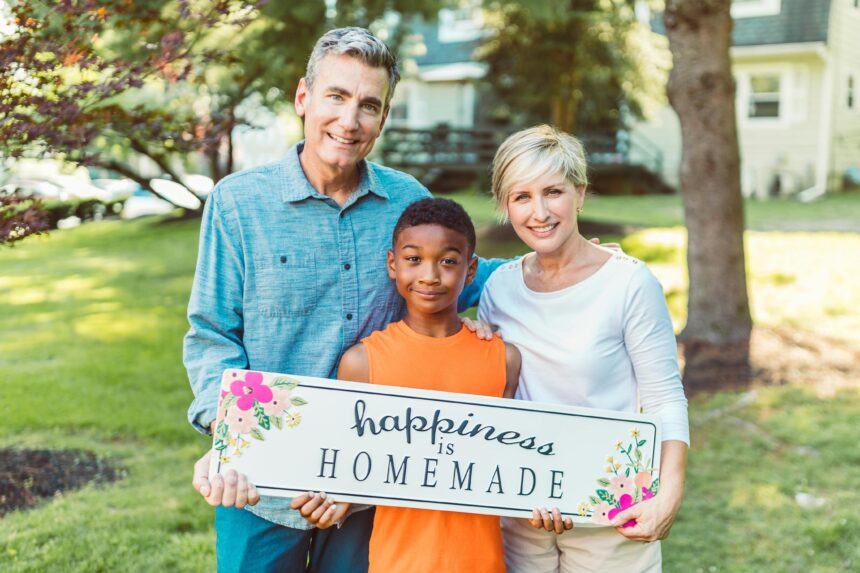Becoming a foster parent is a rewarding and challenging experience. It involves opening your heart and home to children in need, providing them with love, stability, and support during a difficult time in their lives. In this blog article, we will discuss what you can expect as a foster parent, including common obstacles and how to overcome them, as well as the emotional and personal fulfillment that comes with fostering.
Understanding the Challenges
One of the biggest challenges of foster parenting is dealing with the uncertainty that comes with caring for children who may have experienced trauma or neglect. It can be emotionally taxing to see these children struggle with trust issues, behavioral problems, or attachment disorders. As a foster parent, you may also face challenges navigating the child welfare system, working with birth parents, and managing relationships with professionals involved in the case.
Overcoming Obstacles
Despite the numerous challenges that foster parents may face, there are effective strategies to navigate and overcome these obstacles. One of the most beneficial steps is to build a robust support network. This network can consist of fellow foster parents who understand the unique experiences and emotions involved, as well as friends and family members who can offer encouragement and practical assistance.
Engaging with professionals, such as social workers and therapists, can provide valuable insights and guidance tailored to your specific situation, helping you cope with the complexities of fostering.
Additionally, actively seeking out training and resources designed to enhance your skills in working with children who have experienced trauma is crucial. Workshops, online courses, and support groups can equip you with techniques to better understand and address behavioral issues, emotional needs, and developmental challenges. These resources not only empower you as a caregiver but also positively impact the well-being of the children in your care.
It’s also important to prioritize self-care. Foster parenting can be emotionally taxing, so setting aside time for your own well-being is essential. This can include engaging in hobbies, exercising, or simply taking moments to relax and recharge. Establishing clear boundaries, both with the children and within your personal life, is vital in preventing burnout.
By maintaining a healthy balance, you’ll be better equipped to provide the love and support that your foster children need while ensuring your own mental and emotional health remains intact. Remember, taking care of yourself is not a luxury; it’s a necessity for being the best foster parent you can be.
Emotional Fulfillment
While fostering can be emotionally challenging at times, it also brings great rewards and fulfillment. Seeing the positive impact you can have on a child’s life by providing them with love, stability, and support is incredibly rewarding. Watching them grow and thrive under your care is a priceless experience that can bring joy and fulfillment unlike any other.
Personal Growth
Fostering also offers opportunities for personal growth and learning. It teaches patience, empathy, resilience, flexibility, and compassion – qualities that can benefit not only the children in your care but also yourself in all areas of your life. Fostering provides a unique perspective on life’s challenges and joys that can deepen your understanding of yourself and others.
Becoming a foster parent is not always easy but it is one of the most rewarding experiences you can have in life. By understanding the challenges that come with fostering and finding ways to overcome obstacles along the way, you can make a positive impact on the lives of children in need while experiencing emotional fulfillment and personal growth yourself. If you are considering becoming a foster parent or are already on this journey, remember that you are not alone – there is support available from trusted communities like Kids Count Too to help you through every step of this incredible journey.







